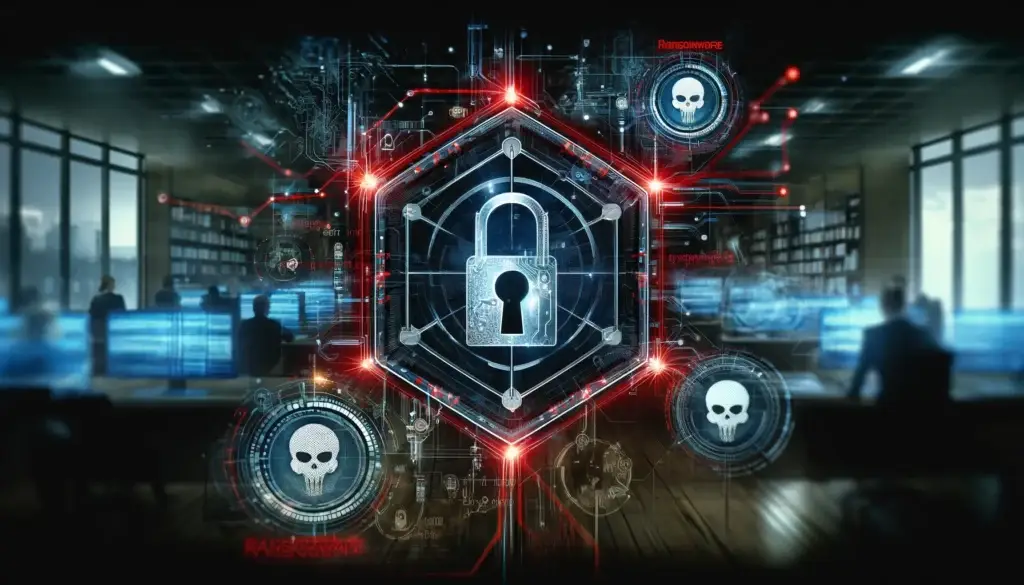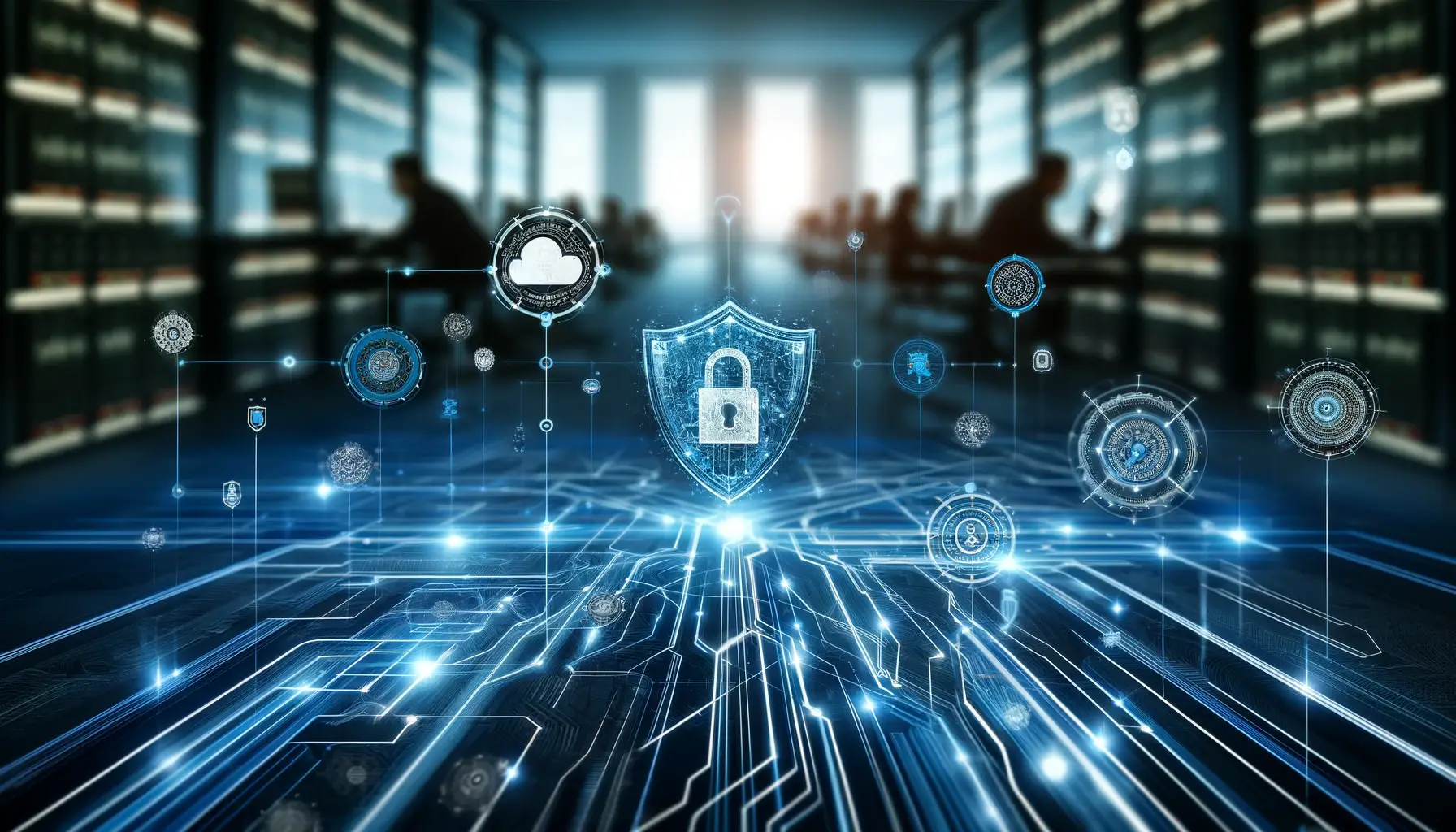In today’s interconnected world, cybersecurity is no longer a luxury – it’s a necessity. With cyber threats evolving in sophistication and frequency, businesses of all sizes are at risk of cyber-attacks that can disrupt operations, compromise sensitive data, and damage their reputation.
As the digital landscape expands, so does the vector for attacks. Companies must understand the critical role cybersecurity plays in safeguarding their assets, ensuring business continuity, and maintaining the trust of their clients and stakeholders. A robust cybersecurity strategy is essential not only for protection against external threats but also for compliance with international standards and regulations, which can vary significantly by industry and region.
The global financial impact of cyber incidents continues to rise dramatically. Estimates for 2024 project that the cost of cyberattacks worldwide could reach around $9.5 trillion. This trend is expected to escalate further, with costs anticipated to increase to $10.5 trillion by 2025, as cybercriminals deploy more sophisticated methods and target broader aspects of digital infrastructure (Dataconomy).
The increase in cybercrime expenses is fueled by various factors including the advent of advanced persistent threats, the proliferation of ransomware, and the vulnerabilities introduced by the expansive use of IoT devices across multiple sectors. Financial and operational disruptions caused by these incidents underline the importance of robust cybersecurity measures.
Ransomware remains a particularly costly threat, with global damages potentially reaching $265 billion annually by 2031. This rise is attributed to the frequency and sophistication of attacks, which now occur every two seconds (Dataconomy). The integration of AI technologies in cyberattacks, such as through generative AI, also poses new challenges, making attacks more personalized and harder to detect (IBM – United States).

The cost of cyber incidents extends beyond financial loss; the damage to a company’s reputation can be irreparable. A breach can lead to loss of customer trust, a drop in share price, and potentially severe legal repercussions. For instance, the General Data Protection Regulation (GDPR) in the European Union imposes hefty fines for data breaches, highlighting the importance of cybersecurity in regulatory compliance.
Furthermore, cybersecurity is critical in the development and deployment of emerging technologies such as artificial intelligence, blockchain, and Internet of Things (IoT). These technologies present new vulnerabilities that can be exploited if not properly secured. With IoT devices proliferating across all sectors, from smart home products to industrial IoT, the need for improved security measures becomes more pressing.
Investing in cybersecurity is not just about mitigating risks; it’s about enabling safe digital transformation and competitive advantage. Organizations that demonstrate a commitment to cybersecurity can differentiate themselves from competitors and foster stronger relationships with customers who value privacy and security.
For businesses, implementing a comprehensive cybersecurity framework involves several key components:
- Risk Assessment: Regularly evaluating the security posture of the organization to identify vulnerabilities.
- Employee Training: Educating staff about common cyber threats like phishing and social engineering.
- Data Protection Measures: Enable off-cloud backup mechecanismens with advanced encryption for data at rest and in transit.
- Incident Response Plan: Preparing a clear response strategy for potential cyber incidents.
For further reading and resources, you can explore the following links:
- Cybersecurity & Infrastructure Security Agency (CISA)
- National Institute of Standards and Technology (NIST) Cybersecurity Framework
- European Union Agency for Cybersecurity (ENISA)
By taking proactive steps towards robust cybersecurity, businesses can protect their assets, comply with regulatory demands, and build a foundation of trust that is critical in today’s digital age.
Read more on how we at RecIT can help you implement services that will make sure you can RECover IT, when your business run into problems.



